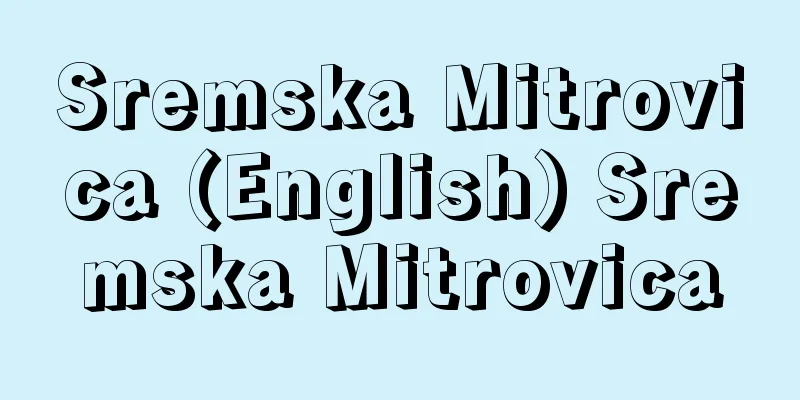Reger

|
German composer, organist, and pianist. After studying organ, he studied under musicologist H. Riemann in 1890, learning the strict musical forms of JS Bach and Brahms. He taught in Wiesbaden and Munich, while also gaining fame for his organ and chamber music, and in 1907 he became professor of composition at the Leipzig Conservatory. From 1911 he also served as court conductor in Meiningen, and in 1913 as general music director. After a busy life, including honorary appointments at both the universities of Jena and Berlin, he died of a heart attack at the age of 43. Based on the theories of his teacher Riemann, he aspired to follow in the footsteps of JS Bach, Beethoven, and Brahms, but also drew heavily from the harmony of R. Wagner, pursuing contrapuntal forms and fluid harmony, and leaving behind a huge number of works in almost every genre except opera and symphony. Schulhof holds a unique position in that he placed chamber music and organ pieces at the center of his compositions, in contrast to the program music trend that was mainstream at the time. He also excelled in variation techniques, and his piano piece Variations and Fugue on a Theme by Bach (1904) and orchestral piece Variations and Fugue on a Theme by Mozart (1914) are widely known. Other works he created include the choral piece Psalm 100 (1908-1909) and the orchestral piece Four Symphonic Poems after Böcklin (1913). In recent years, opportunities to perform his chamber music have been gradually increasing. →Schulhof→Related topics Organ | Busch | Weinberger Source : Heibonsha Encyclopedia About MyPedia Information |
|
ドイツの作曲家,オルガン奏者,ピアノ奏者。オルガンを修めたのち,1890年音楽学者H.リーマンに師事し,J.S.バッハやブラームスの厳格な音楽形式を学ぶ。ウィースバーデンとミュンヘンで教鞭(きょうべん)をとる一方オルガン曲や室内楽曲で名を高め,1907年ライプチヒ音楽院作曲科教授に就任。1911年からはマイニンゲンの宮廷楽長も兼ね,1913年音楽総監督。イェーナとベルリン両大学の名誉職も兼ねるなど多忙な歳月を送ったのち,心臓発作のため43歳で死去した。師リーマンの理論を基礎に,J.S.バッハ,ベートーベン,ブラームスの継承を志す一方でR.ワーグナーの和声法からも多くを汲み,対位法的な形式と流動的和声を追究,オペラと交響曲を除くほとんどの分野に膨大な数の作品を残した。当時主流をなした標題音楽的傾向に対し,室内楽やオルガン曲などを創作の中心においた点で特異な位置を占める。変奏技法にもすぐれ,ピアノ曲《バッハの主題による変奏曲とフーガ》(1904年),管弦楽曲《モーツァルトの主題による変奏曲とフーガ》(1914年)などは広く知られる。ほかに合唱曲《詩篇100番》(1908年−1909年),管弦楽曲《ベックリンによる4つの交響詩》(1913年)など。室内楽曲も近年,演奏される機会が徐々に増えている。→シュールホフ →関連項目オルガン|ブッシュ|ワインベルガー 出典 株式会社平凡社百科事典マイペディアについて 情報 |
<<: Legazpi (English spelling)
Recommend
Billiken
(Billiken) A nude statue of a god of good fortune ...
Gugyoji Temple
...However, the last temple to be established, Fu...
Bulguksa Temple
This temple is located in Tohamsan, Gyeongju, Nor...
Relative pronouns - Kankeishi
...For example, there may be a small number of sh...
Cronin, James Watson
Born: September 29, 1931, Chicago, Illinois [Died]...
Immersion suit
...They are designed to have sufficient buoyancy ...
Valerius Maximus
…With the collapse of the Republic, oratory lost ...
Futaiji Temple
This Shingon Ritsu temple is located in Horen-cho...
A person who avoids danger
The term risk premium refers to the difference be...
Oda Castle
Hirajiro Castle was located in Tsukuba City, Ibara...
Exudative central retinopathy
…Currently, the most effective treatment is photo...
Nielsen, A. (English spelling) NielsenA
…Just as Italy created the screen diva and became...
Combroad
...usually refers to a facility or business entit...
Pseudometallic hydrides - pseudometallic hydrides
...The dissociation pressure increases at high te...
Paper and pulp industry wastewater
...(1) Organic wastewater with relatively high co...









